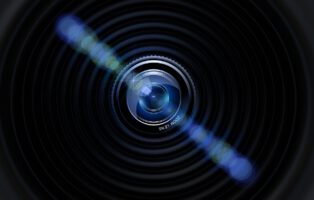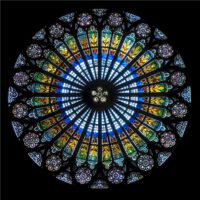Born blind U. Burkhard about seeing
“It happens that someone who has read a novel and then sees the book as a movie says afterwards, quite disappointedly: But I imagined it all very differently. Maybe I would feel the same way if I could suddenly see.”
(in Burkhard, Ursula “Farbvorstellungen blinder Menschen”, Birkhäuser Verlag Basel Boston Stuttgart 1981, p.25)
M. Hull, who later became blind, on seeing
“If you go deeper and deeper into blindness, then the things that you once took for granted and which, when they disappeared, you initially mourned and for which you later tried to find the most diverse compensations, end up becoming meaningless. Somehow it no longer seems important what people look like or what cities look like. You start to live with other interests, other values. You start to live in a different world.”
(in Hull, John M. “Im Dunkeln sehen”, C.H. Beck’sche Verlagsbuchhandlung, Munich 1992, p.216)
Formerly blind M. May, after his eye operation on his sight
“Perhaps the best way to describe it is that for me, trying to see is like having to learn a foreign language. You have to find the words you need. Then you have to conjugate the verbs. Then you have to think about how to arrange the words. It’s similar for me with seeing. In one way or another, by touching, thinking about, understanding or whatever, I have to subject what I see to mental work, I have to consciously organize everything. Only then do I understand what I see.”
(in Kurson, Robert “Der Blinde, der wieder sehen lernte”, Hoffmann und Campe, Hamburg 2007, p.395)


